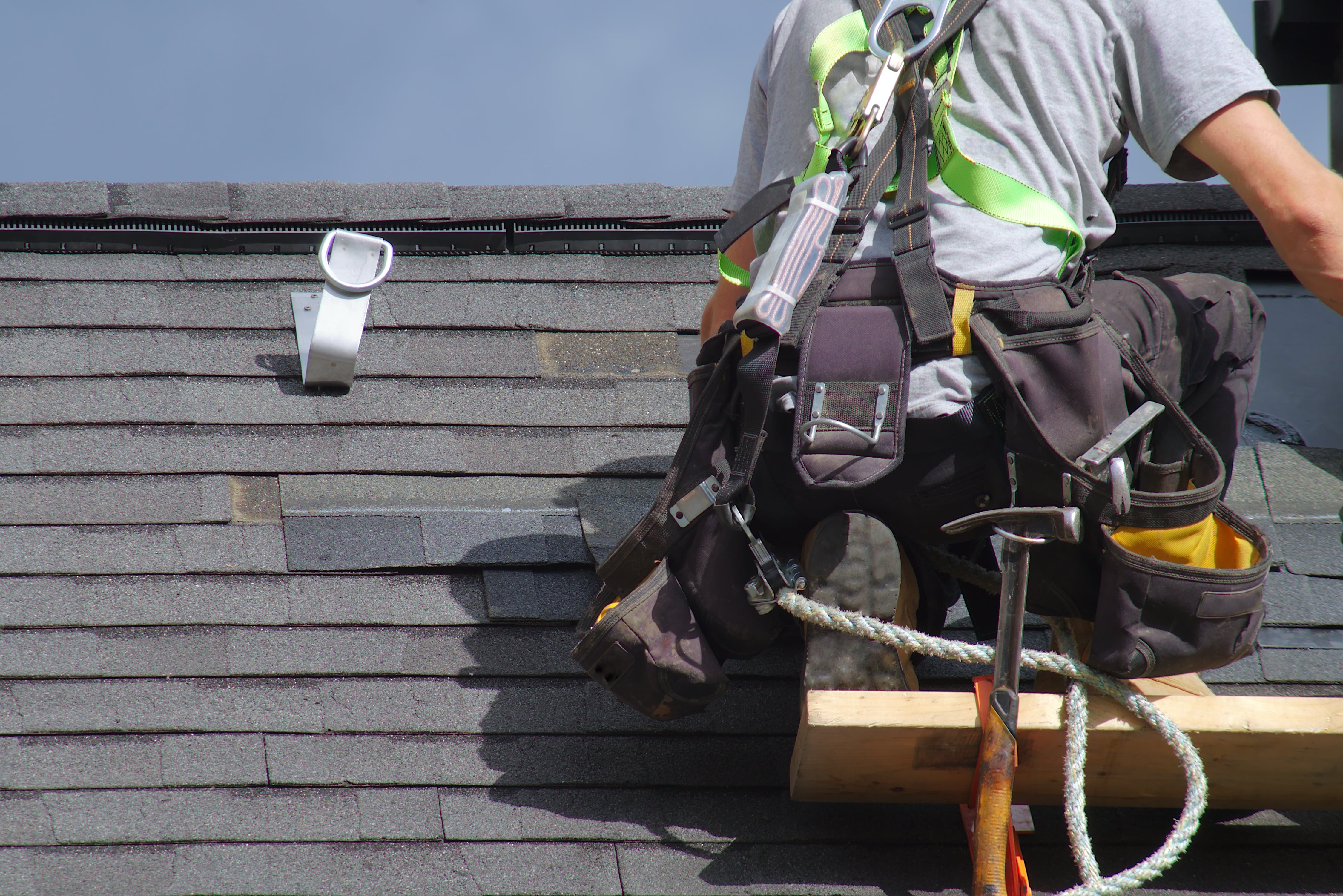Many investors consider multifamily properties a solid and affordable avenue for venturing into real estate. The increasing demand, which is expected to remain as younger people defer purchasing single-family homes due to high costs, promises attractive returns in the future. To make money in this industry, it is important to consider things that could affect your investment.
That's where insurance policies come into play. Navigating the insurance world requires some guidance. The complexity of multifamily properties makes their insurance needs a little different from the standard property policies.
This article covers everything you need to know to ensure your multifamily property has the right insurance coverage.
What Is Multifamily Property Insurance?
Multifamily property insurance covers residential properties that are not single-family homes only. Once a building houses more than one unit, insurance companies consider it a multifamily property.
Examples of multifamily buildings include duplexes, triplexes, fourplexes, condos, villas, or multistory residential properties. The units might be within the same building. However, they are separated by walls, so each has individual bedrooms, bathrooms, kitchens, and living rooms. As a result, each unit may accommodate a different family.
How Does Multifamily Property Insurance Differ From Other Types of Insurance?
Multifamily property insurance is quite different due to the setting of dwelling units. For instance, you can insure some multifamily properties with 2 to 4 units with homeowners or a dwelling fire policy based on whether you reside within the property.
A dwelling fire policy may be most appropriate for multifamily properties with at least 4 units. The primary coverage for these policies is the property's structure. However, based on the type of dwelling fire policy, you can get coverage against liability, loss of rent, and personal property.
Buildings with more than 4 units are generally treated like commercial businesses with comprehensive policies that factor in liability, loss of use, and workers' compensation. Other policies will cover equipment breakdown, which insures the property's electrical, mechanical and electronic systems.
How Much Does Multifamily Property Insurance Cost?
Business property insurance costs can range from $1,000 to $3,000 for every million dollars of coverage for multifamily buildings. But insurance pricing is not a one-size-fits-all kind of outfit. You could pay less or more than this pricing average based on your needs. Below are the 6 factors affecting the cost and general price range:
- Location - Carriers consider the property's proximity to high-risk or high-traffic areas.
- Condition - The age and condition of a property can affect how much it costs. Newer and modern properties will have lower premiums than older properties because newer properties are less likely to have problems like faulty plumbing or electrical wiring.
- Size and number of units - Insurers consider the size of a multifamily property when deciding how much to charge for insurance. Larger properties and those with more units cost more to insure.
- Construction materials - Insurance companies look at things like how flammable a building is or how likely it is to be destroyed by a natural event like a flood. Some construction materials are riskier than others, so the insurance costs more. For example, wooden buildings are more likely to catch on fire than concrete or brick buildings. Your carrier will also consider the inside of the home and what kind of high-end or unique materials you have. These materials cost more to repair or replace than standard materials.
- Safety features - Installing safety features, like fire alarms, burglar alarms, smoke detectors, and storm shutters, can lead to discounts on your insurance costs.
- Firewalls - Firewalls are used to separate units within a building to keep the fire from spreading from one unit to the other. Having firewalls in your multifamily property can help lower your costs as it reduces the risk of damages in case of a fire.

What Does Multifamily Property Insurance Cover?
Multifamily property insurance policies can vary widely in terms of their coverage. That's why it's important to work with an experienced online insurance broker like Obie, which can help tailor a policy to meet your specific needs.
Some of the coverages that may be available for your multifamily dwelling include:
Building coverage
Covers physical damage to the structure of your building, including damage caused by fire, wind, hail, and other events.
Contents coverage
Covers any contents owned by the landlord such as furniture, appliances, and personal items used to service the rental property.
Business income coverage
This reimburses you for lost rental income if your building becomes uninhabitable due to a covered loss.
Extra expense coverage
Pays for necessary expenses incurred to keep your business running after a covered loss, such as temporary repairs or relocation costs.
Liability coverage
Protects you financially if someone is injured on your property or you are found liable for damages caused by your negligence.
Medical payments coverage
Pays for minor medical expenses incurred by someone injured on your property, regardless of fault.
Equipment breakdown coverage
Covers repair or replacement costs for HVAC systems, Elevators, and other critical equipment.
Water backup and sump overflow coverage
Pays for damage caused by water backing up through sewers or drains, as well as overflow from sump pumps.
Flood insurance
Reimburses you for damage caused by flooding (note that most standard policies exclude flood coverage).
Best Practices for Choosing Multifamily Insurance
When it comes to multifamily insurance, landlords need to remember that one size does not fit all. Your specific property and tenant needs should be carefully considered to choose the right coverage.
1. Determine the type of coverage you need
The first step in shopping for multifamily insurance is determining the types of coverage you need. Do you need property damage coverage? What about liability coverage? If you're unsure, it's a good idea to consult with an insurance broker such as Obie, which specializes in multifamily properties. Obie will be able to assess your property and let you know what types of coverage are available and recommended.
2. Research different insurance companies
Once you know the coverage types, you can start researching different insurance companies. Make sure to read reviews from other multifamily property owners and see what they have to say about each company's customer service, claims process, and rates. You can also check with the Better Business Bureau to see if any complaints have been filed against an insurer.
3. Get quotes from multiple companies
Once you've narrowed your options, it's time to get quotes from each of the insurers you're considering. Make sure to compare apples to apples when getting quotes by ensuring each quote is for the same type and amount of coverage. This will help you get an accurate comparison of rates.
4. Choose the right policy for your needs
Once you've collected all of your quotes, it's time to choose the right policy for your needs. When making your decision, consider factors like price, coverage levels, customer service, and claims process. By taking all of these factors into account, you'll be sure to choose the right policy for your multifamily property.
Where To Find Multifamily Property Insurance
You know insuring your multifamily property is essential to protecting your investment. But where can you find the right policy?
There are a few options for finding multifamily property insurance. You can work with a traditional insurance agent, an online insurance broker, or a direct insurer.
Each option has its pros and cons, but working with an online insurance broker like Obie is the best way to get the coverage you need at a competitive price. Here's why:
- Obie has access to a wide range of insurers, so you can shop around for the best rates for multifamily property insurance.
- Using Obie's state-of-the-art technologies streamlines the insurance buying process making it easier and faster for you to get the coverage you need.
- Online insurance brokers like Obie are typically more affordable than traditional insurance agents or direct insurers because they don't have the same overhead costs.
- Obie is convenient. You can work with them from the comfort of your own home, and you don't have to take time out of your busy schedule to meet with an agent in person.
More than $40 billion in property is insured with Obie, and coverage is available in all 50 states. If you're looking for multifamily property insurance, consider working with an online broker like Obie. They'll help you find the right policy at a great price.
To get started, visit the Obie website, enter your property address, and receive an instant online quote today. You can compare policies from various insurers to help you find the right one for your needs.
(If you own a building with 20 or more units, visit Obie’s private client portal here.)







